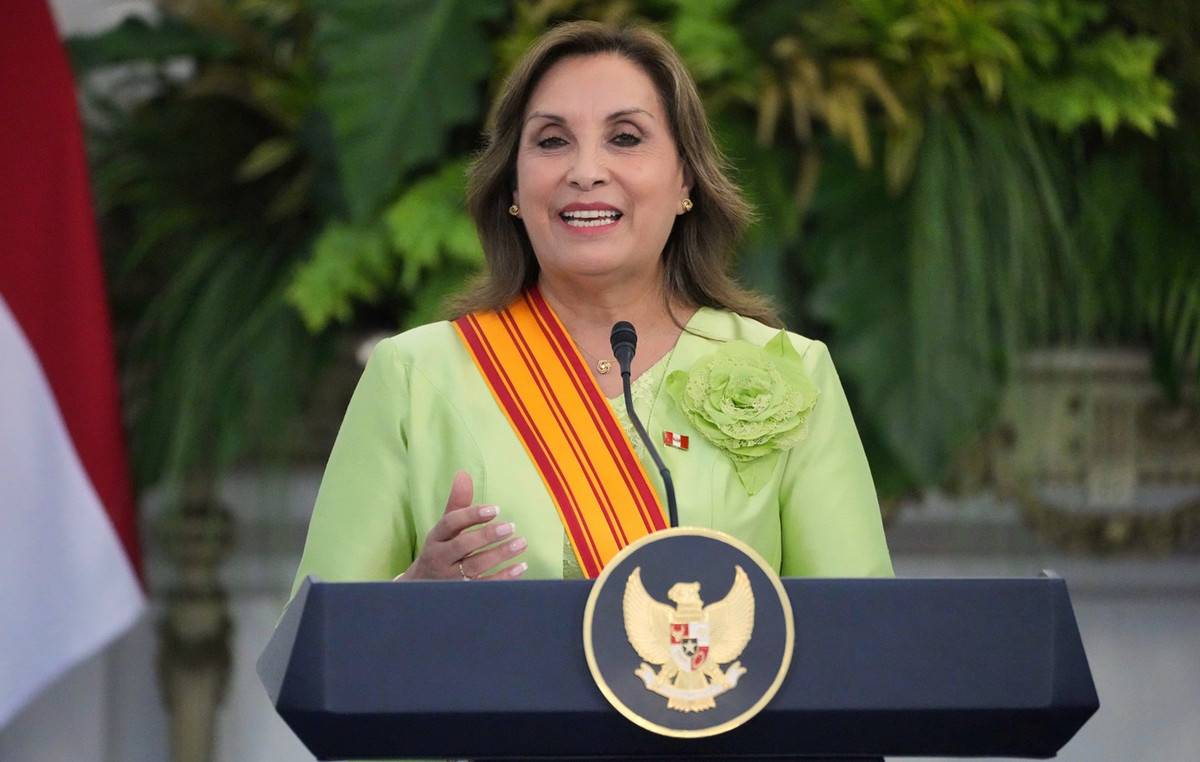- The euro weakens in front of the pound while the attention focuses on the ECB’s policy decision on Thursday.
- The ECB is expected to keep the rates without changes in 2.00%.
- Consumer confidence in the Eurozone improves -14.7 in July.
The euro (EUR) weakens in front of the sterling pound (GBP) on Wednesday while investors focus their attention on the policy decision of the European Central Bank (ECB) scheduled for Thursday. The EUR/GBP crossing is under pressure, quoting around 0.8655 during US negotiation hours, with a drop of almost 0.43% in the day.
Wednesday’s setback follows an ephemeral rally earlier this week, since investors reassess the monetary policy of the eurozone amid expectations of rates cuts that fader. The Central Bank is expected to maintain its deposit rate without changes in 2.00% after cutting rates eight times in the last year. President Christine Lagarde has already pointed out that the ECB is “reaching the end of the monetary policy cycle”, reinforcing the expectations that the relaxation phase is close to its closure.
Recent published data earlier on the day added a cautious tone. Consumer confidence in the Eurozone increased modestly in July, with the index rising to -14.7 from -15.3 in June, exceeding the forecasts of -15. Although the feeling is still fragile, the increase points to expectations of households in improvement. This follows the recent survey on BCE bank loans, which showed a growing demand for both mortgage and business loans, another sign that the economy could be stabilized.
At the same time, household inflation expectations throughout the Eurozone have backed away from levels prior to pandemic, offering the Central Bank more margin to keep waiting. Together, the data supports the opinion that the ECB has ended with the aggressive relaxation for now, opting instead for a waiting and seeing approach.
Meanwhile, on the other hand, the governor of the Bank of England (BOE), Andrew Bailey, adopted a tone measured in his last parliamentary testimony. Speaking before the Treasure Committee on Tuesday, Bailey opposed the recent requests of the United Kingdom Chancellor Rachel Reeves, to soften the banking regulations after the financial crisis. He defended the current framework, particularly rules such as the separation of retail and investment banking, warning that loosening these safeguards could risk a repetition of the financial crisis of 2008.
Bailey also minimized concerns about the recent increase in the indebtedness costs of the United Kingdom, saying that it is part of a broader global trend instead of a reflection of internal tax risks. Their comments helped to reassure the markets that the BOE is still committed to financial stability. In addition, the Bank confirmed that it is leaving its work in the development of a digital pound, citing advances in private sector innovation and a reduced urgency for the intervention of the Central Bank in the payment space.
Looking ahead, all eyes are now placed in the crowded economic calendar on Thursday, with the ECB monetary policy decision and the data managers index (PMI) scheduled for the Eurozone, the United Kingdom and the United States. While the ECB is expected to keep the rates without changes, the markets will closely observe the tone of the president Lagarde in search of clues on the future road of the rates, especially after it indicated that the relaxation cycle could be close to its end. PMI figures of the weakest eurozone than expected could reinforce a cautious posture and further press the euro. Meanwhile, the United Kingdom’s PMIs are expected to show continuous resilience, particularly in services, which could support the pound.
Economic indicator
Interest rate of the main BCE financing operations
One of the three key interest rates established by the European Central Bank (ECB)the rate of the main refinancing operations is the interest rate that the ECB charges to the banks for loans for a week. It is announced by the European Central Bank in its eight scheduled annual meetings. If the ECB expects inflation to increase, it will increase its interest rates to bring it back to its 2%target. This tends to be bullish for the euro (EUR), since it attracts more foreign capital tickets. Similarly, if the ECB sees that inflation is falling, it can cut the rate of the main refinancing operations to encourage banks to borrow and lend more, hoping to boost economic growth. This tends to weaken the euro, since it reduces its attractiveness as a place for investors to estimate capital.
Read more.
Next publication:
Jul 24, 2025 12:15
Frequency:
Irregular
Dear:
2.15%
Previous:
2.15%
Fountain:
European Central Bank
Source: Fx Street
I am Joshua Winder, a senior-level journalist and editor at World Stock Market. I specialize in covering news related to the stock market and economic trends. With more than 8 years of experience in this field, I have become an expert in financial reporting.







